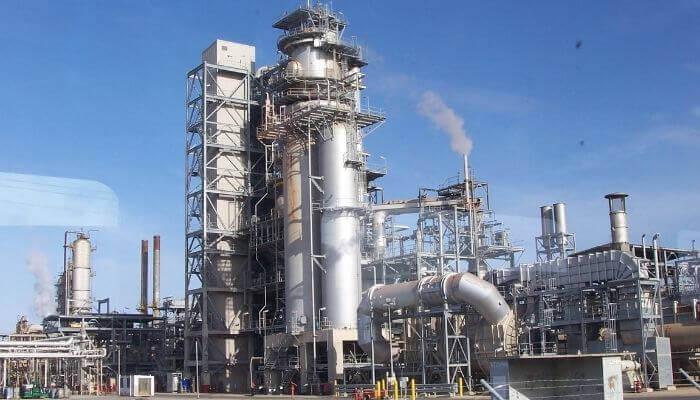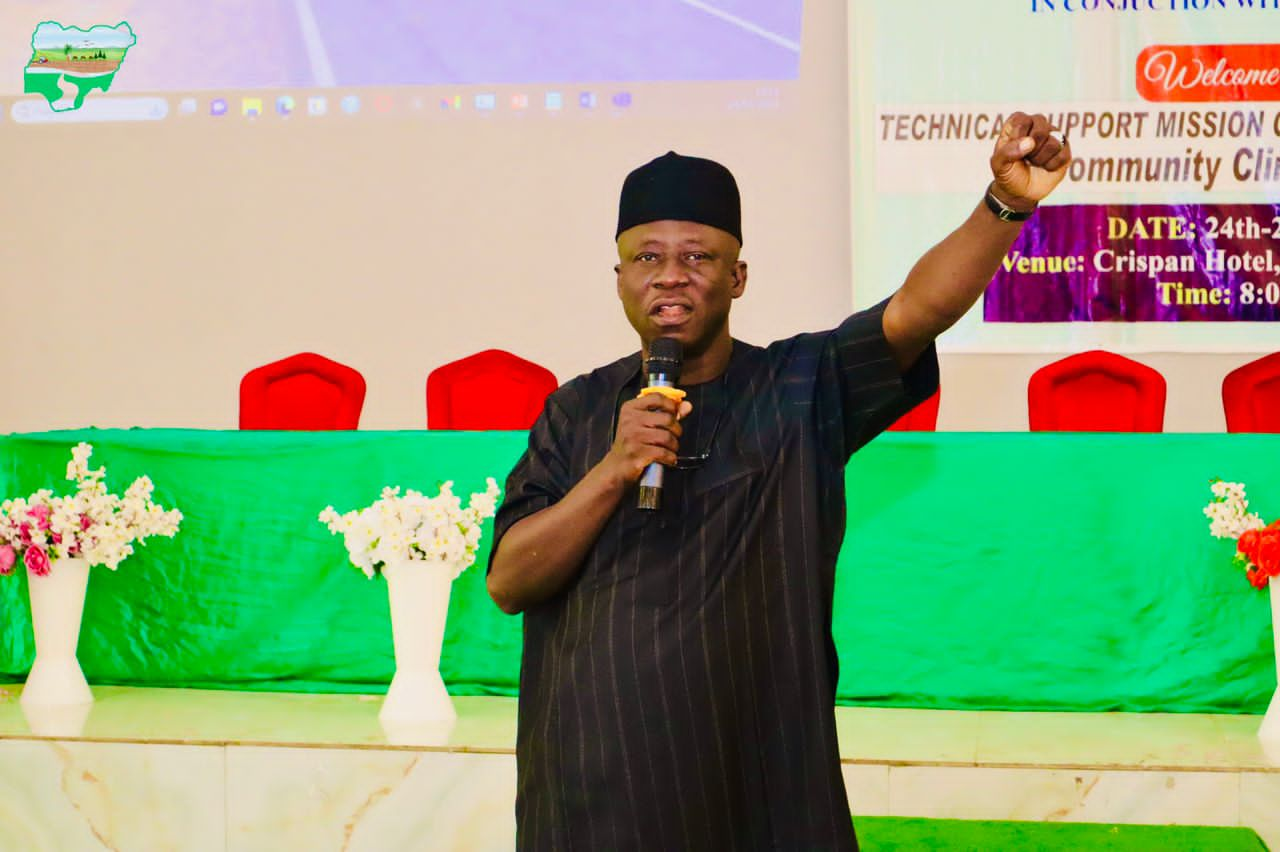Nigeria, often referred to as the “Giant of Africa,” has long been synonymous with oil production. It’s vast reserves and strategic location have made the country a major player in the global energy sector.
However, as the world transitions towards renewable energy sources and sustainable practices, Nigeria finds itself at a crossroads.
Amidst this transition, the Dangote Refinery a $19 billion with a capacity of 650,000 bpd –over 200,000 bpd more than the installed capacity of Nigeria’s four refineries combined, has emerged emerging as a transformative project, driving the expansion of oil and gas exploration in the country while simultaneously paving the way for a sustainable future.
For Nigeria and much of Africa, where energy resources, renewable and otherwise, remain considerably underutilized, the choice seems to swing between managing emissions, already among the lowest in the world, and expanding industrial processes required to meet rising energy demand.
Nigeria’s economy has historically relied heavily on oil and gas exports, with the sector accounting for a significant portion of the nation’s revenue. For decades, foreign companies dominated the country’s oil industry, leaving Nigeria heavily dependent on external expertise and technology. However, recent efforts have been made to change this paradigm, and the Dangote Refinery is at the forefront of this shift.
The Dangote Refinery holds immense potential to transform Nigeria’s oil and gas sector, as well as its overall economy. Upon completion, the refinery is expected to reduce Nigeria’s reliance on imported petroleum products, create thousands of direct and indirect jobs, and enhance the country’s energy security. The project will also attract foreign investments, bolstering Nigeria’s position as a regional energy hub.
One of the crucial aspects of the Dangote Refinery project is its emphasis on local content and capacity building. Dangote Industries Limited has prioritized the training and recruitment of Nigerian engineers, technicians, and other skilled workers, enabling knowledge transfer and fostering a new generation of homegrown energy professionals. This focus on local expertise will not only boost the country’s skilled workforce but also enhance technological innovation within the oil and gas sector.
The expansion of oil and gas exploration through the Dangote Refinery comes at a time when Nigeria is also embracing the need for a transition to cleaner, more sustainable energy sources. The Nigerian government has shown commitment to diversifying its energy mix and reducing greenhouse gas emissions.
The Energy Transition Plan (ETP), a green playbook by the government to achieve carbon neutrality by 2060, is an indication that Nigeria recognizes the urgency of a sustainable carbon footprint.
The ETP comes on the heels of the Petroleum Industry Act, finally ratified in 2021. The law is supposed to introduce stability, transparency, and accountability to an industry that has long resisted reform.
The ETP anticipates a scenario in which increased investment in the sector would lead to an uptake in the use of gas as a “transition fuel” and also help accelerate the move toward decarbonization.
The divergence of opinions surrounding what methods to implement and what outcomes to project has in some way come to define the conversation on sustainability, with a number of developing countries even canvassing such ideas as “energy justice!”
A Climate activist Abideen Olasupo, while commenting on the issue said it is essential to strike a balance between meeting energy demands and transitioning towards cleaner and more sustainable energy sources.
According to him “The expansion of Oil and Gas exploration in Nigeria must be approached with caution and careful consideration of the environmental and social implications.
“While the oil and gas industry has been a significant contributor to Nigeria’s economy for decades, there is a growing global consensus on the urgent need to reduce carbon emissions and combat climate change. As the world embraces renewable energy technologies and transitions away from fossil fuels, Nigeria must seize the opportunity to diversify its energy portfolio and embrace cleaner alternatives,” he said.
Large industrial projects like Dangote Refinery, are infamous for the environmental challenges they present to the local ecosystem, often causing long-term damage and increased risk of displacement.
Already, local populations have called attention to the disruptive effects of the refinery on the environment and their livelihood.
Olasupo said it is essential to recognize that the success of the Dangote refinery should not deter the country from exploring renewable energy options and investing in cleaner technologies.
“A holistic approach to energy transition in Nigeria requires strategic planning, policy frameworks, and public-private partnerships to facilitate the growth of renewable energy industries.
“Transitioning towards sustainable energy sources will not only reduce the carbon footprint but also create new job opportunities, enhance energy security, and stimulate economic growth,” he said.
While the Dangote Refinery aligns with the country’s immediate economic needs, it also serves as a stepping stone toward a greener and more sustainable future.
The continent faces what could well be Hobson’s choice: how to overcome widespread energy poverty while at the same time not ignoring global concerns about the deleterious effects of converting its rich deposits of hydrocarbon resources.
By Dare Akogun





